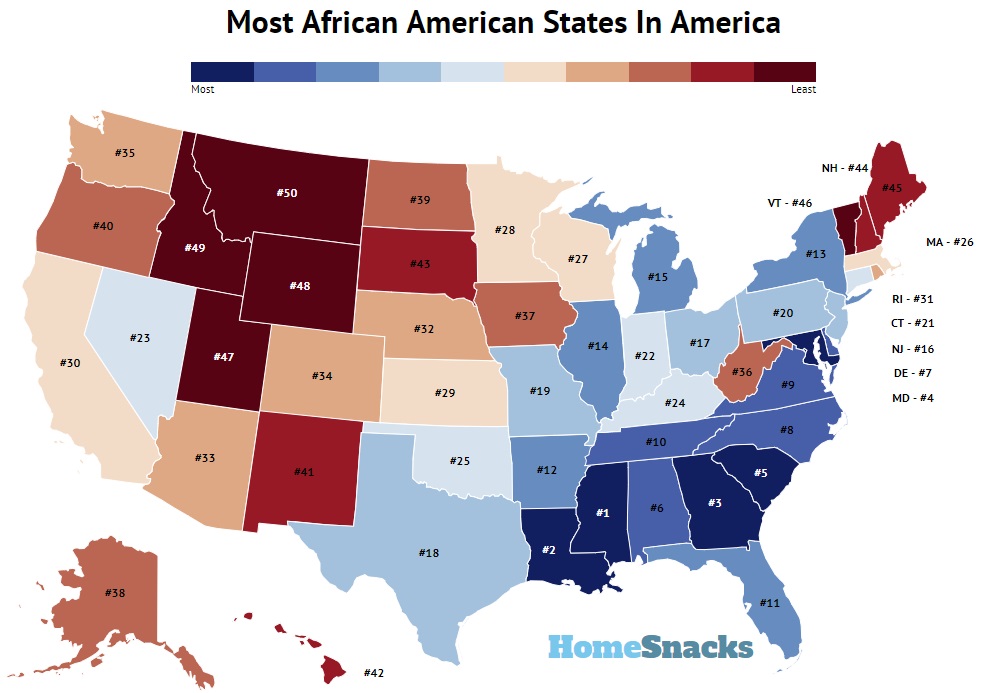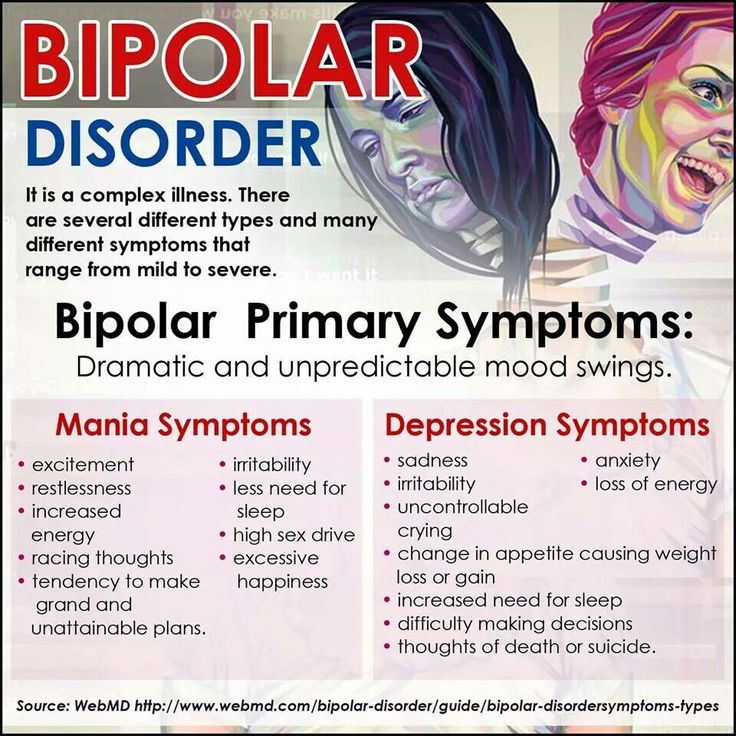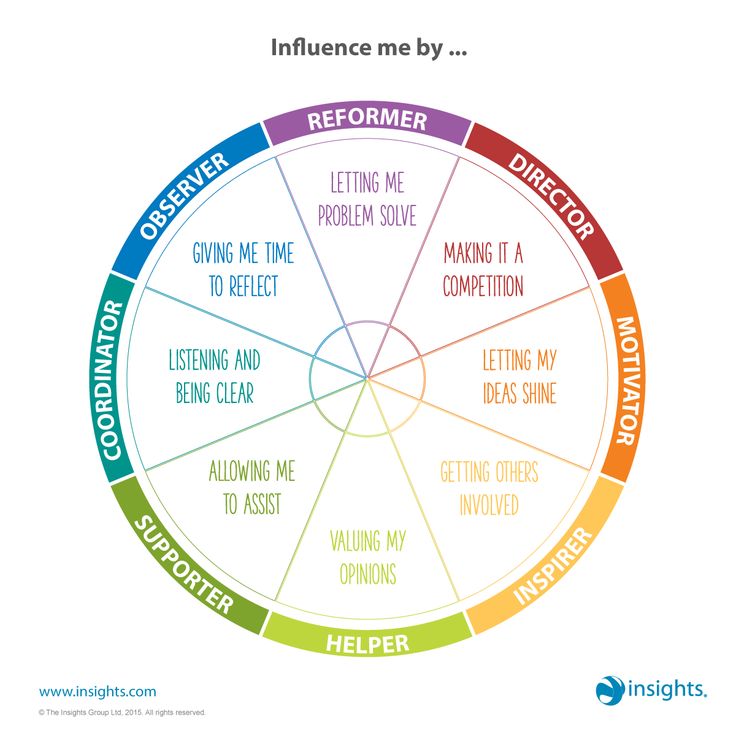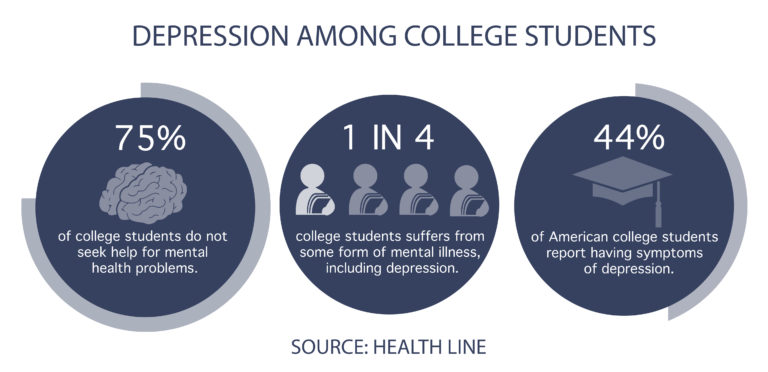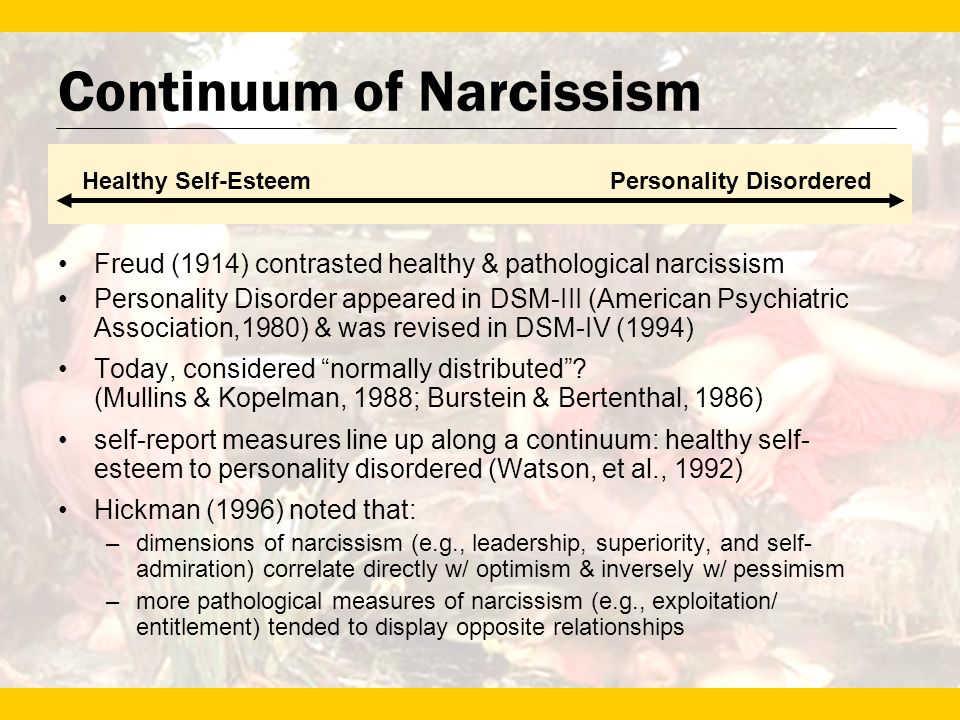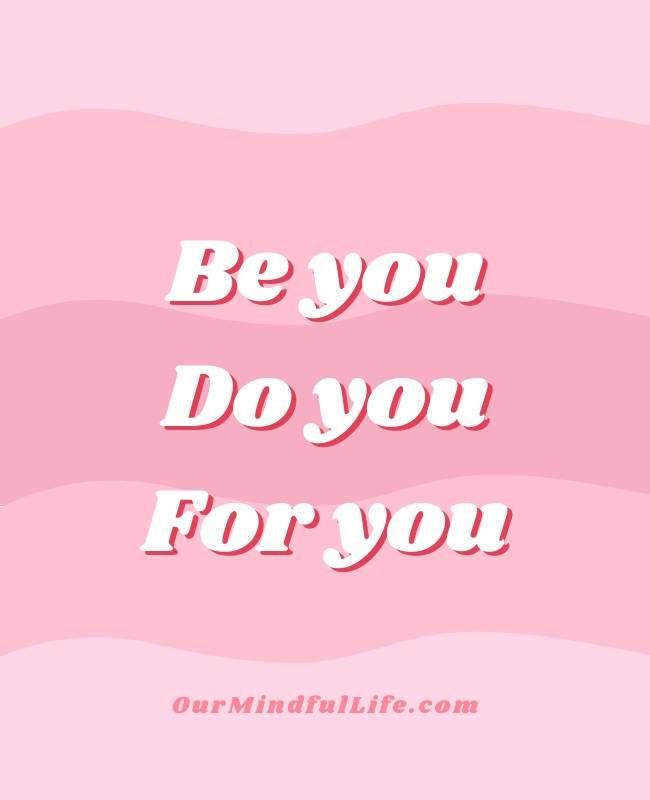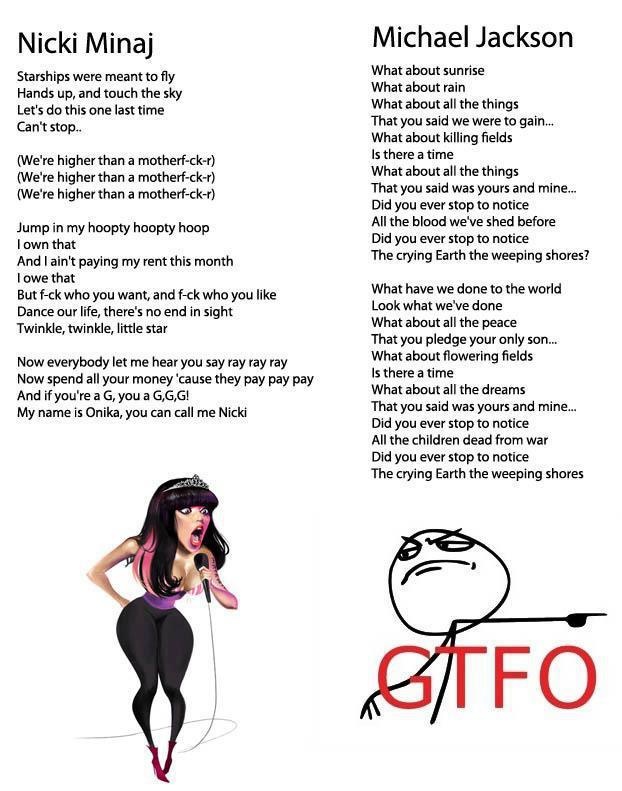Most introverted states in america
Most extraverted and introverted U.S. states
The traits of introversion and extraversion are key elements in some human personality theories. The terms extraversion and introversion were proposed by Carl Jung. Extraversion is revealed in talkative, outgoing, and active behavior, whereas introversion is revealed in more contemplative and reserved behavior.
Quiet: The Power of Introverts… writer Susan Cain describes extraversion and introversion in terms of priorities for different levels of stimulation -distinguishing it from fear of social judgment or shyness. Introverts prefer loneliness to social activities.
Characteristics of introverts and extroverts
Introverts
- recharge by spending time alone
- reflect before deciding and acting
- listen more than talk
- more sociable with people they know
- enjoy one-on-one conversation
- introspective
- self-aware
- learn thorough observations
Extroverts
- Recharge by socializing
- Decide quickly
- Speak more
- Enjoy being the center of attention
- Outgoing
- Easily distracted
- Action-oriented
- Sociable and expressive
- Great communicators
Extraversion and introversion are commonly regarded as a single continuum, so to be high in one necessitates being low in the other. Besides extroverts and introverts, some psychologists sometimes distinguish two other types – ambiverts and omniverts.
- Extrovert is a sociable, somewhat unreserved personality. Likes and recharges by being with other people.
- Introvert is prefers barely stimulating environments and desires time alone to recharge.
- Omnivert is someone who can be either at various times.
- Ambivert is representing aspects of both introversion and extraversion.
According to Barry Smith, director of the Laboratories of Human Psychophysiology at the University of Maryland, ambiverts make up 68% of the population.
That may seem astonishing for some since Americans are thought to be very extroverted compared to Europeans, but the truth is that the culture really values extroversion over introversion. However, the value of extroversion over introversion doesn’t make extroversion more dominant. It just pressures people who find themselves on the introversion side of the spectrum to behave more extroverted, while true extroverts get positive reinforcement from the American culture that their temperament is the default.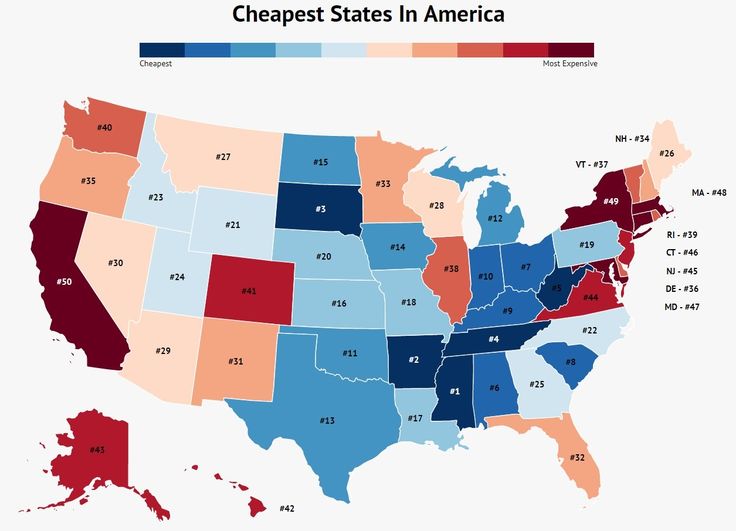
The results from two randomized samples reveal that half of the U.S. population is introverted, or at least falls along the introvert side of the spectrum (50.2% of the U.S. population is slightly more introverted). The map below shows extraversion and introversion in the United States according to the NERIS Analytics data.
The most extroverted states in the United States are California and New York (50.9%). Texas, Florida, Georgia, New Jersey, and Illinois are also more extroverted than introverted. The most introverted states in the United States are West Virginia (53.3%) accompanied by Maine (53.2%), Alaska, and Wyoming (52.9%).
According to Susan Cain, author of the book Quiet: The Power of Introverts in a World That Can’t Stop Talking, the modern Western culture misjudges the capabilities of introverted people, favor extroverted personalities, people who act quickly, appear friendly, and are outgoing.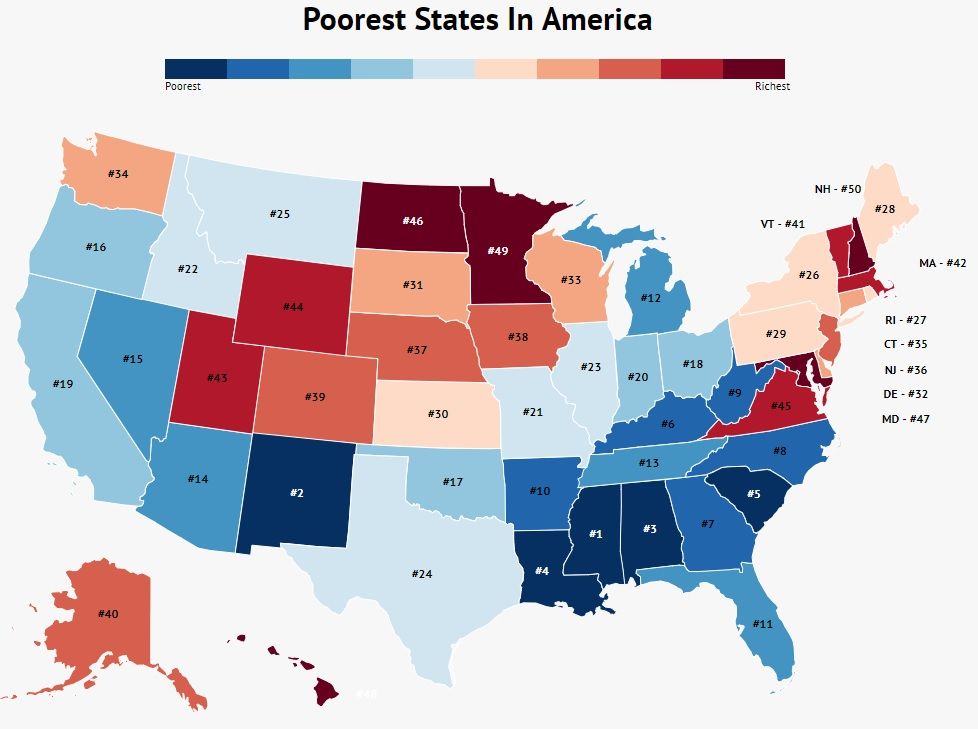
While a majority of Eastern cultures favor people who are more reflective, quiet, and appear serene. Introverts in these cultures don’t feel the stigma to be extroverted and so are more accepting of their natural identity.
Most Introverted States, Least Introverted States
Psychologist Jason Rentfrow and his associates at the University of Cambridge in the UK conducted a massive, highly interesting study of the personality traits of the 48 continental US states. (They didn't have enough data from Hawaii or Alaska.)
Here now, by state, are the scores showing how introverted its residents are. Average score is 50; a score below 50 indicates more introversion and a score above 50 indicates more extroversion.
The most introverted state was Vermont; the most extroverted state was Wisconsin.
| AL - 55.5 | ME - 44.2 | OH - 54.6 |
| AZ - 50.6 | MA - 44.4 | OK - 39.7 |
| AR - 49.9 | MD - 44.4 | OR - 30.9 |
| CA - 51.4 | MI - 55.2 | PA - 54.6 |
| CO - 45.3 | MN - 52.9 | RI - 43.3 |
| CT - 57.6 | MS - 56.8 | SC - 60.0 |
| DE - 47.0 | MO - 62.9 | SD - 58.7 |
| FL - 60.9 | MT - 33.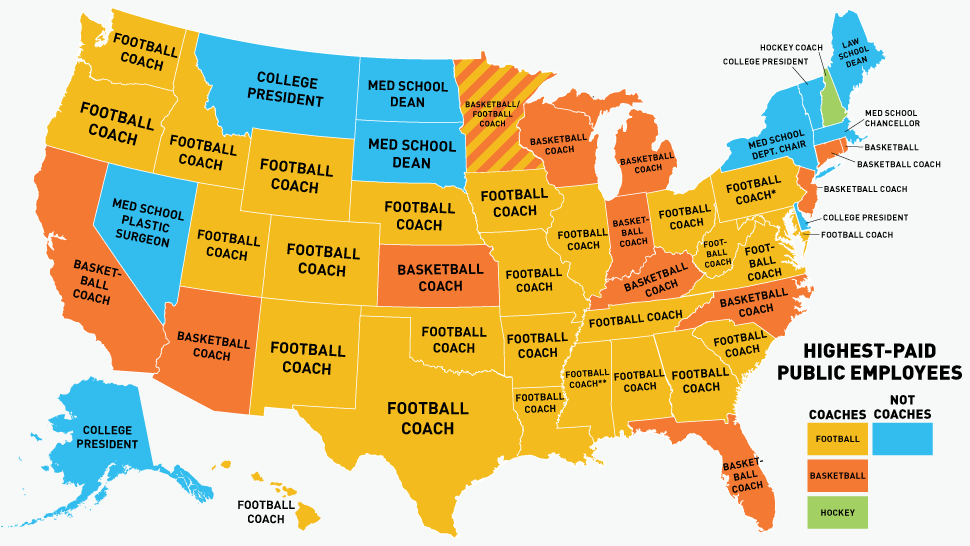 1 1 | TN - 51.3 |
| GA - 63.2 | NE - 60.0 | TX - 55.9 |
| ID - 40.7 | NV - 46.4 | UT - 55.8 |
| IL - 62.5 | NH - 40.2 | VT - 26.5 |
| IN - 48.9 | NJ - 57.6 | VA - 48.5 |
| IA - 62.8 | NM - 32.4 | WA - 30.6 |
| KS - 45.5 | NY - 47.0 | WV - 38.5 |
| KY - 43.4 | NC - 51.0 | WI - 69.8 |
| LA - 52.2 | ND - 52.4 | WY - 46. |
A previous study by the same researchers found that the four most introverted states were New Hampshire, Alaska, Washington and Vermont, while the four most extroverted states were North Dakota, Wisconsin, District of Columbia and Nebraska. This was from 2008.
| Be Bold, Your Own Way |
Personal Branding for Introverts Course |
"Marcia, your introvert marketing ideas are refreshing, insightful and highly useful. Thanks!" - Bryan M. Knight, Hypnosis Depot
“We don’t see friends even in normal times”: why Scandinavians find it easier to self-isolate
- Oksana Antonenko
- BBC Russian Service, Riga
: she will help you understand the events.
Image copyright, Getty Images
Scandinavians like to live alone and rarely go to bars, they joke a lot about their introversion and individualism.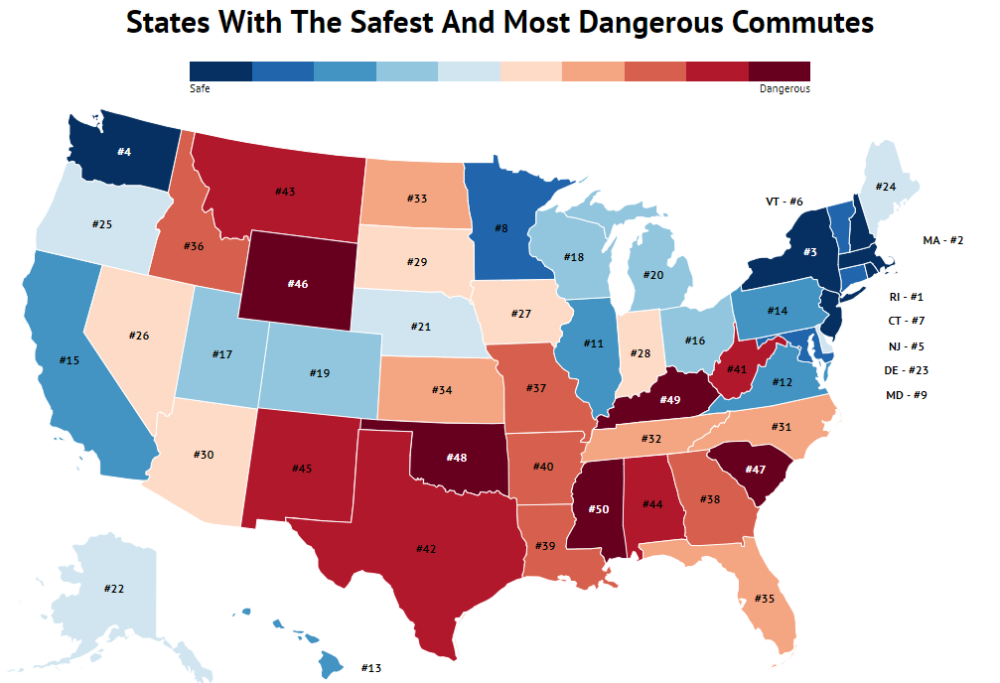 At the same time, according to the global happiness index, residents of northern countries are the most satisfied with life.
At the same time, according to the global happiness index, residents of northern countries are the most satisfied with life.
Does this mean that we do not need socialization to be happy, and that surviving quarantine is not as difficult as it seems?
"I remember a conversation with the former Prime Minister of Finland, he joked about how to distinguish an introverted Finnish from an extroverted Finnish. An introvert will look at his shoes when talking, and an extrovert will look at yours," says Mike Viking, head of the Happiness Research Institute in Denmark. .
"Yes, people from the Nordic countries are indeed considered more introverted than the rest of Europe. But I would like to see a global introvert index. How can I calculate this?" he muses.
Calculating introversion is difficult, but Eurostat contains a lot of circumstantial evidence that Scandinavians are not prone to active socialization.
Voluntary self-isolation
Image copyright, Getty Images
Image captionNearly half of the population of the Nordic countries prefer to live alone
According to statistics, 40-45% of the population of Norway, Denmark, Sweden, Finland and Estonia live one by one.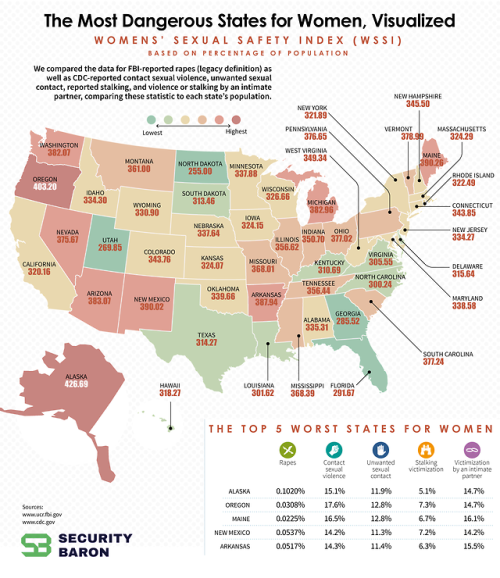 This share is about one and a half times higher than the average for the EU or, for example, in the UK.
This share is about one and a half times higher than the average for the EU or, for example, in the UK.
Finns explain their craving for a solitary life in different ways: the cultivation of independence, urbanization (relatives of residents of big cities often stay in rural areas), rather high salaries.
Image copyright, Getty Images
Image caption,Many data indicate that Scandinavians are not prone to active socialization Helsinki Marco Elovanio.
- Coronavirus and self-isolation in Italian. They don't get discouraged!
- Self-isolation in the hotel and coffee futures: how business in Russia survives during the coronavirus
- "Something depends on me too": portraits of Russians in the era of coronavirus
"This is exactly what we are used to. I don't think that at an individual level we are all introverts, but in our culture there is more privacy. We do not have families from several generations. Most apartments in cities - for example, in Helsinki - are designed for one person, "he told the BBC Russian Service si.
We do not have families from several generations. Most apartments in cities - for example, in Helsinki - are designed for one person, "he told the BBC Russian Service si.
Approximately the same picture is observed in the Baltic countries: there is also a high percentage of people with individual housing. And for Baltic women, this proportion is the highest in Europe.
Image copyright, Getty Images
Image caption,People in the Baltic countries have an easier time coping with self-isolation on a mental level, experts say
Latvian psychotherapist Gunta Anjane says that Latvians have always been loners. “This is at the level of archetypes, one Latvian - one yard (farm). We also have a “Russian soul”, but in general, I think it’s easier for us to cope with self-isolation,” she believes.
"We are not aliens, we like to talk and be together, but we don't have to be in public places all the time. It's not so difficult to be at home with your relatives," continues Anna Kleinberg, head of the Estonian Association of Psychotherapists.
"We don't see friends anyway"
The second point: Scandinavians, judging by the statistics, don't particularly like to gather in pubs. If in Spain, according to Eurostat, in 2017 there were 182 thousand bars, then in Finland - a little more than a thousand.
If the British spend 25 billion euros a year in pubs (first place in Europe), the Finns spend only 350 million, that is, about 73 times less. And this despite the fact that the excise tax on alcohol in Finland is one of the highest in Europe.
Image copyright, Getty Images
Image caption,Bars in Finland rarely suffer from overcrowding
"People spend holidays and weekends in summer cottages or at home, rather than sitting in cafes and restaurants, as happens in other European countries, says Teri-Anna Vilska, professor of sociology at the University of Jyväskylä, "Finns are more likely to invite guests to their homes than go to pubs.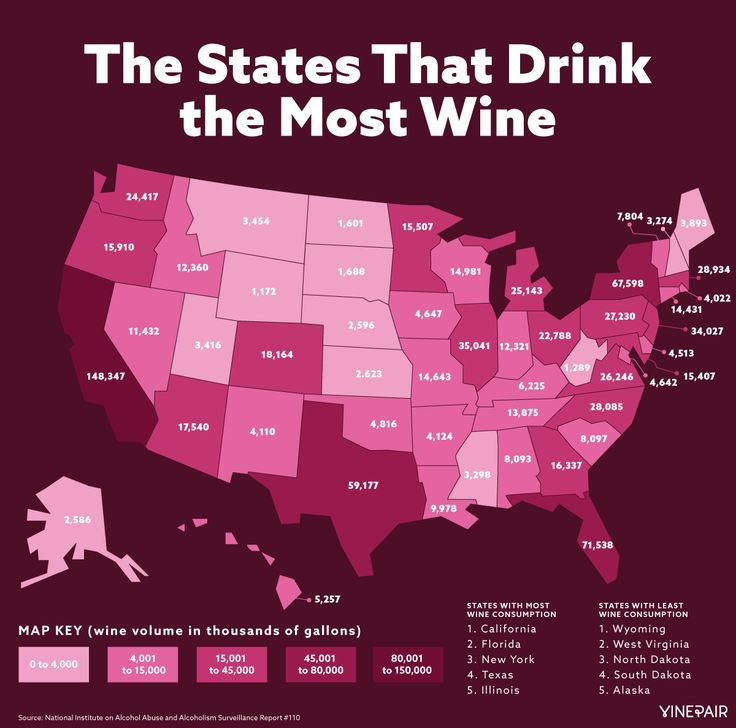 And there are almost no pubs in rural areas. Many people still think that sitting in bars is an inappropriate occupation."
And there are almost no pubs in rural areas. Many people still think that sitting in bars is an inappropriate occupation."
In other words, the crisis closure of bars and restaurants, in theory, should not spoil the lives of Finns or Estonians much - they hardly go there anyway.
Image copyright, Getty Images
Image caption,In the Nordic countries, people are much more likely to spend their holidays and weekends at their dachas or at home
"It's hard not to see friends now, but we don't do it very often anyway. But it's easier for us , we are big individualists," admits Prof. Wilska.
You can get used to loneliness
Image copyright, Getty Images
Image caption,An important component of happiness is the freedom to choose the life we want
Skip the Podcast and continue reading.
Podcast
What was that?
We quickly, simply and clearly explain what happened, why it's important and what's next.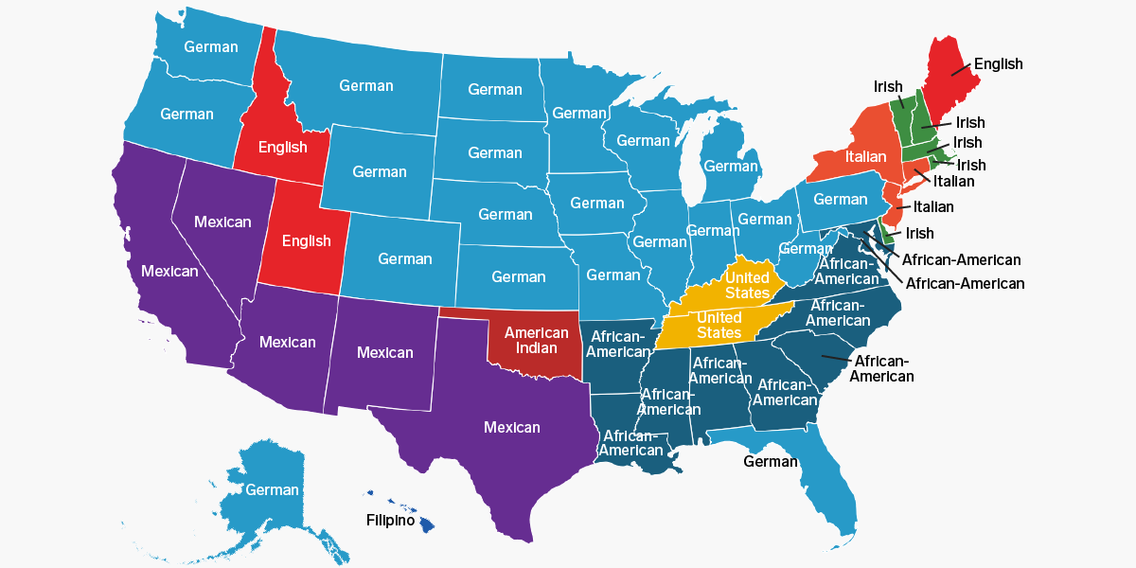
episodes
The End of the Story Podcast
Nordics are the happiest people in the world. Since 2012, the UN has compiled a "happiness index" and every time the Scandinavian countries are in the top ten. And according to the latest study, the happiest country in the world is Finland.
"We were surprised," admits Finnish psychology professor Marco Ilovanio. "I still think that loneliness is not the best thing for a person. We are biologically social, we need people and social contacts to be happy."
If a person cannot be happy without social contacts, then how can Finns, who do not like mass gatherings in bars and live alone, be the happiest in the world?
"One of the factors of happiness is social support: is there someone you can rely on," explains Mike Wiking, head of the Danish Happiness Research Institute. "The second factor is freedom, for example, the freedom to choose the life we want.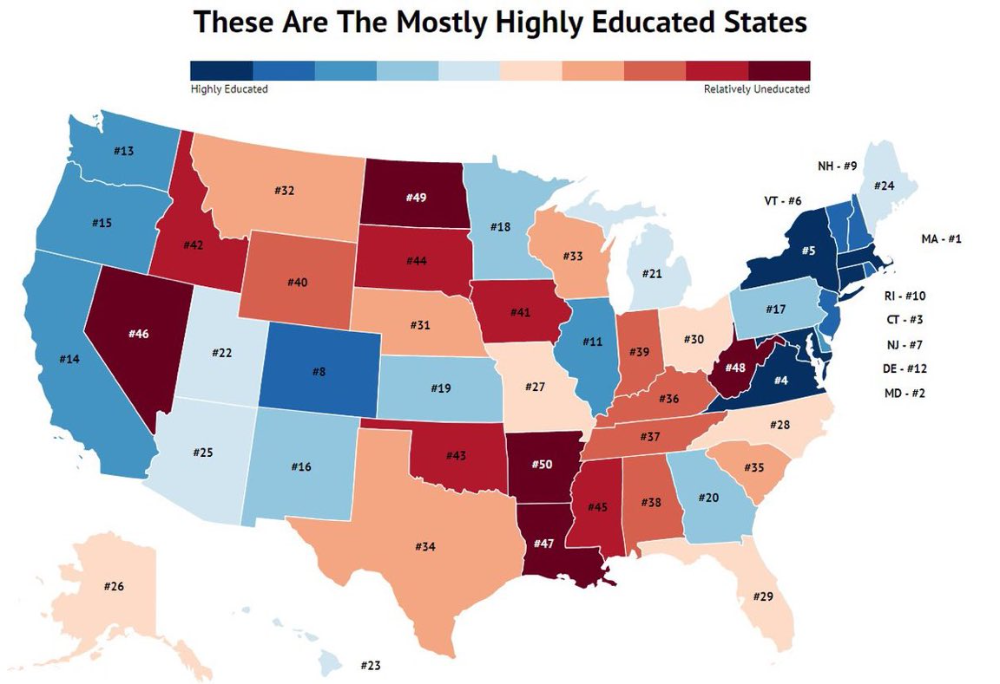 "
"
"I think happiness requires both factors: the freedom to be alone if you want, and the freedom to be with someone if you need support. That explains the paradox," he says.
Image copyright, Getty Images
Image caption,Finns are used to loneliness - which means they've learned to deal with it . And reasons to feel happy can be found without big companies.
"We have a functioning democracy, we trust politicians and officials, the difference in incomes of the population is not so big. Many things make us happy, despite the fact that we may suffer from loneliness more than others" - the researcher thinks.
As someone who lives in a culture where socialization is valued low and individualism highly valued, Ilovanio advises keeping in touch via telephone and internet communication. In his opinion, loneliness is certainly unhealthy, but only if it lasts a very long time.
"There's nothing to worry about during this crisis," he says.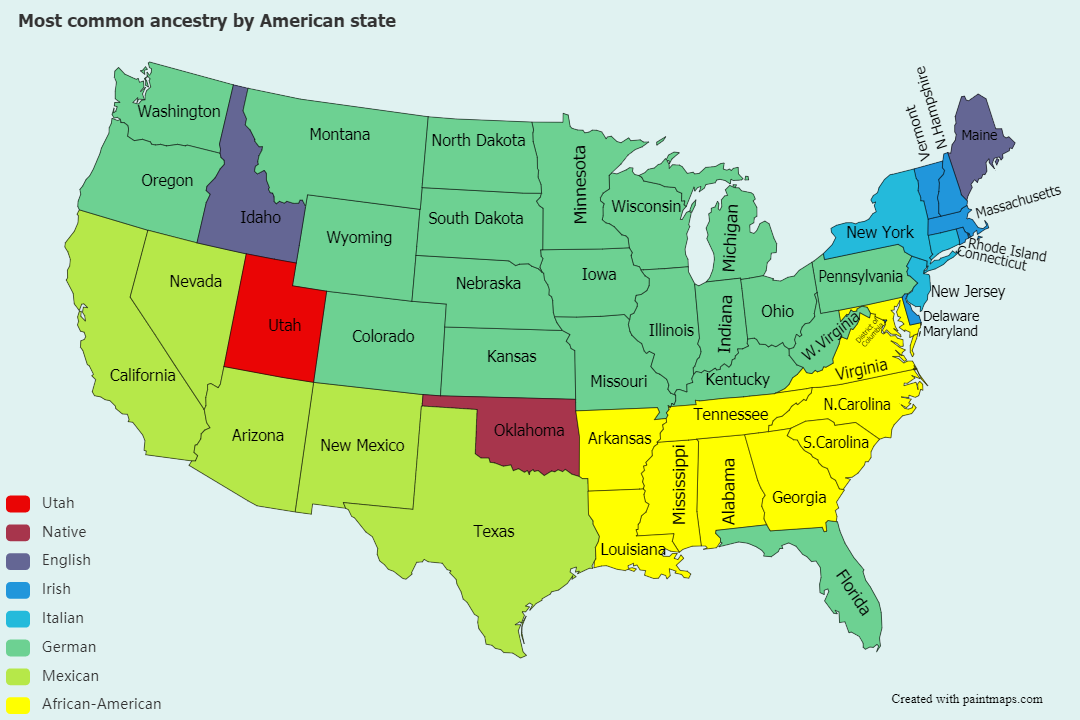
Image copyright, Getty Images
Image caption,Reasons to feel happy can be found even without big company
And Mike Wiking says his family has a great time cooking, reading and virtual parties. According to him, happiness during a pandemic will be the subject of a new study, which started just over a week ago.
Famous introverts, or How to use the features of our character
Psychology
Famous introverts, or How to use the features of our character
July 26, 2018 22 164 views
Sergey Kaplichny
The psyche of each person is individual, but there are general patterns, and the mind of many people works according to a certain scenario. The famous 20th century psychologist Carl Jung introduced the terms introvert and extrovert describing different personality types. Jung himself was an introvert and was the first to explain that introverts are interested in the inner world of thoughts and emotions, while their opposites, extroverts, are drawn to the outer world filled with people and events.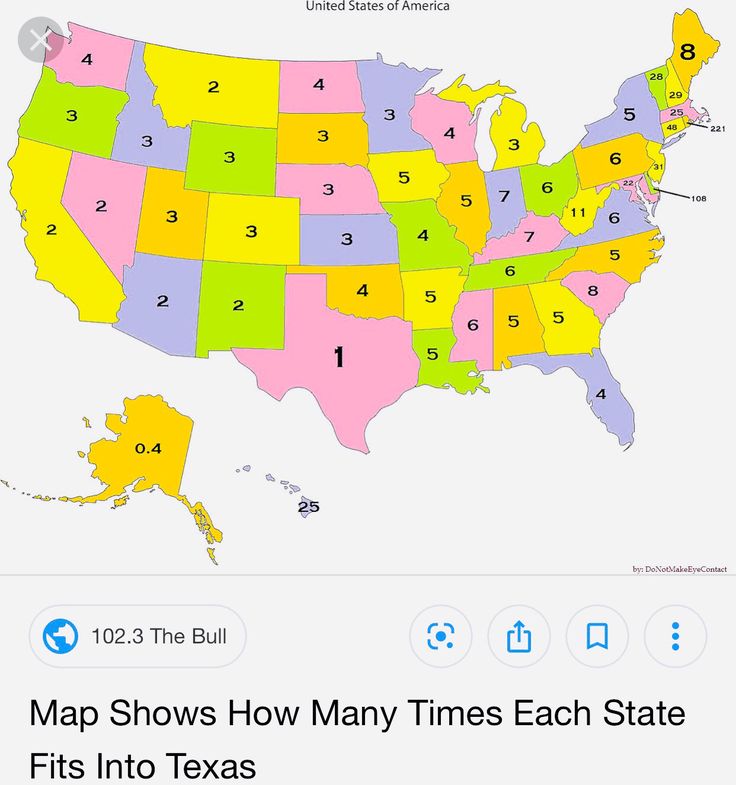
In her book Secret Power, psychology professor Susan Cain talks about the benefits of introverts. She is sure that observation, the ability to hear others and feel their needs is a powerful tool in communicating with people and the key to success.
And Kane points out that many great artists, inventors, athletes, and entrepreneurs are introverted. It is about them that we will talk today.
Mahatma Gandhi
Mahatma Gandhi was very timid in childhood and was afraid of everything, especially people; after school, he immediately ran home so as not to communicate with classmates. But when he grew up, he led the liberation struggle in his native country without changing his essence. His weapon was peaceful non-violent protest.
Beyoncé
For you, she is a pop music icon that fills stadiums around the world. Star of video clips that have received over a billion views on YouTube. And although Beyoncé has been performing concerts since childhood, she remembers that she was an introverted child.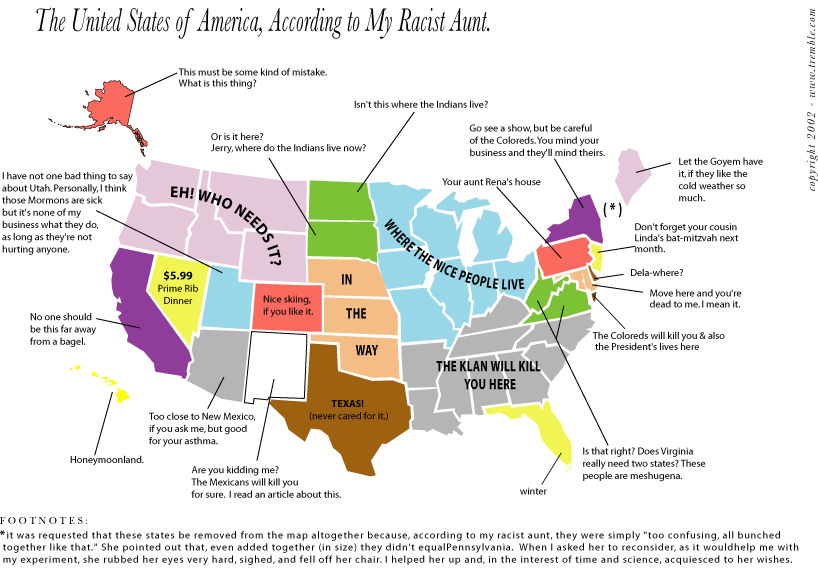
Now her self-confidence inspires fans from all over the world, but she still tends to be quiet and contemplative. “I am a good listener and I love to watch people, and this is sometimes mistaken for shyness,” says the singer.
Emma Watson
“I'm actually a shy introvert and socially awkward,” says Emma Watson. I need time to rest, I absolutely can’t talk about “nothing”, and when I meet strangers, I get very tense, because I know that they expect something from me. However, I love dancing in a small company of close friends - I'm an extrovert there! And I am very shy in public.”
Misty Copeland
Misty Copeland was called an atypical ballerina. Like most athletes, she started ballet as a child, but later than usual: children are often brought to ballet school as early as four years old. Thirteen-year-old quiet Misty had no doubt that she had failed auditions for the school choreographic troupe. The girl was quieter than the water below the grass, but she was noticed.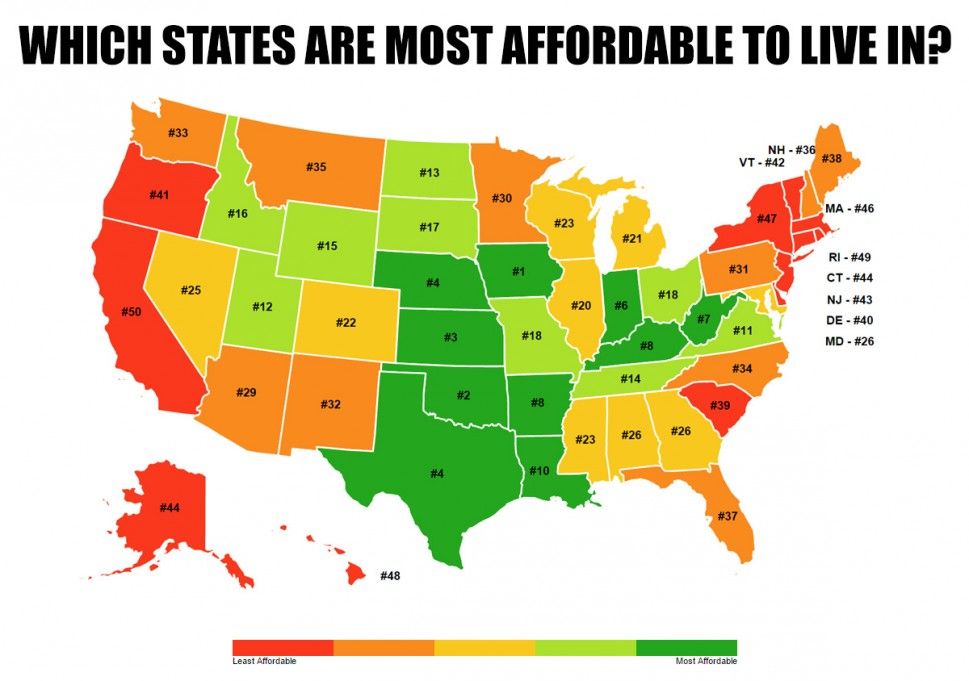 Misty's ability and talent were undeniable, and her ability to observe and focus on complex choreography seemed unique for her age. On that day, she was placed at the head of a troupe of sixty girls. Thus began her journey into ballet. In 2015, Misty became the first African-American prima ballerina in American Ballet Theater history.
Misty's ability and talent were undeniable, and her ability to observe and focus on complex choreography seemed unique for her age. On that day, she was placed at the head of a troupe of sixty girls. Thus began her journey into ballet. In 2015, Misty became the first African-American prima ballerina in American Ballet Theater history.
Albert Einstein
As a child, Albert Einstein preferred to study subjects that interested him on his own, which sometimes got him into trouble. At 16, he flunked his college entrance exams because he didn't prepare enough — he only taught what he was interested in. True, later he learned to combine intensive periods of solitary work with going out into the world.
At 23, Einstein formed the Olympia Academy, a club where he met with close friends and discussed ideas he had spent many hours developing alone. At 26, Einstein revolutionized physics and at 42 received the Nobel Prize.
Kareem Abdul-Jabbar
National Basketball Association record holder Kareem Abdul-Jabbar hit the ball in front of 10,000 fans every night, even though he didn't like the crowd or the attention.
